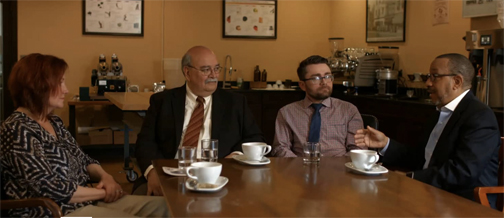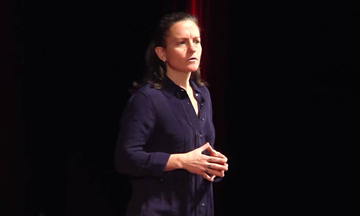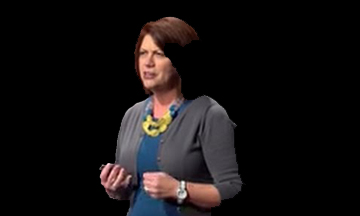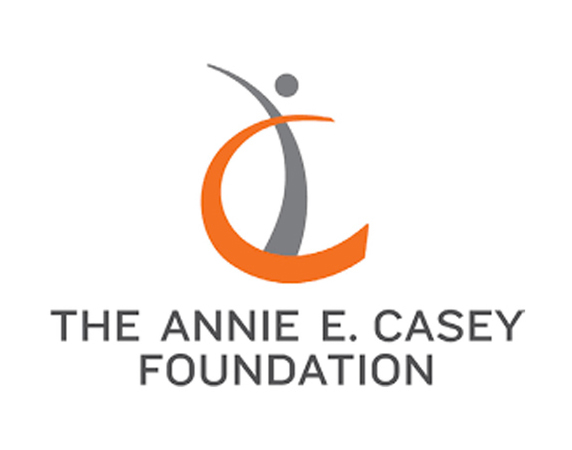Important Resources

Every Kid Needs a Family resource page
This toolkit addresses fifteen principles and questions that guide attorneys and advocates through various points of intervention during their client’s case. Each subsection includes specific action items for attorneys and advocates to pursue both in and out of court and references to authorities such as federal laws, California state laws, social science research, and expert opinions. The guide supports advocacy to ensure that youth are living in settings where they can be connected to family, the community, and a support system.

Crossover youth and institutional care
Research shows that institutionalization increases the likelihood of arrest and juvenile justice involvement. 2 Child welfare-involved youth who are placed in at least one group home are twoand-a-half times more likely to be charged with crimes as compared to similar youth in other foster care placements.3 In one Arizona study, 90 percent of youth in delinquency court had a prior foster care placement in a group home and/or residential treatment program.4 Almost half of these youth’s time in child welfare was spent in institutional care (46 percent), versus with parents (12 percent), relatives (13 percent), or in a foster home (four percent).
Educational Videos
Molly McGrath Tierney Ted Talk,
Rethinking Foster Care
Amelia Franck Meyer Ted Talk,
The Human Need for Belonging
Explore the data
To view an interactive map with the most recent data on institutional care placements and the eight-year trend for each state, visit the Annie E. Casey Kids Count Data Center.
Production of this site is a partnership of the National Center for State Courts and the National Association of Counsel for Children with the generous support of the Annie E. Casey Foundation. The contents were also informed and strengthened through collaboration and feedback from the American Bar Association’s Center on Children and the Law, National Council of Juvenile and Family Court Judges, the National Court Appointed Special Advocates Association, National Association of American Indian Court Judges Association, Association of Children’s Residential Centers, and the Building Bridges Initiative.








